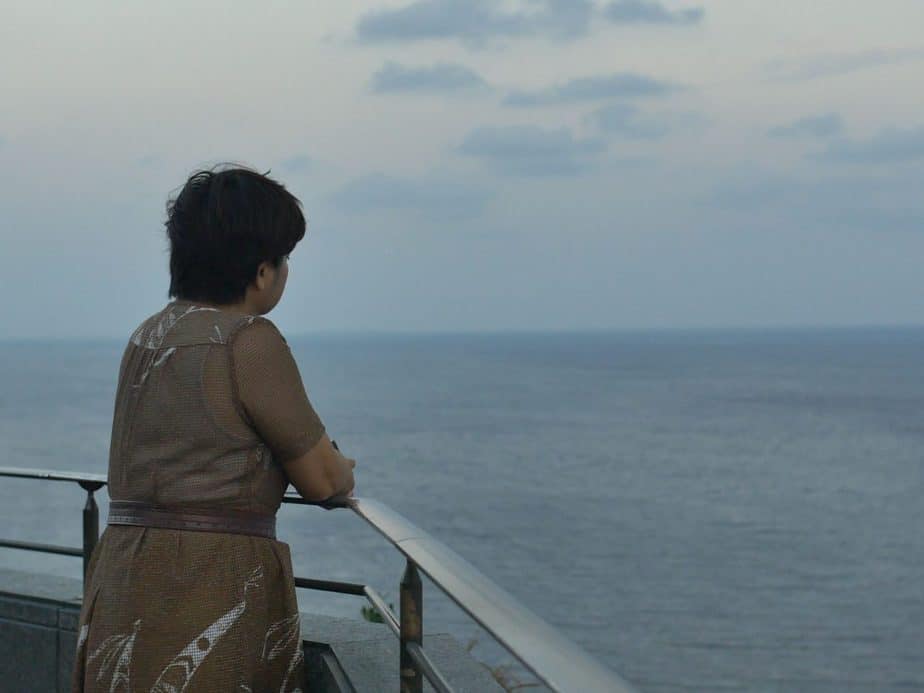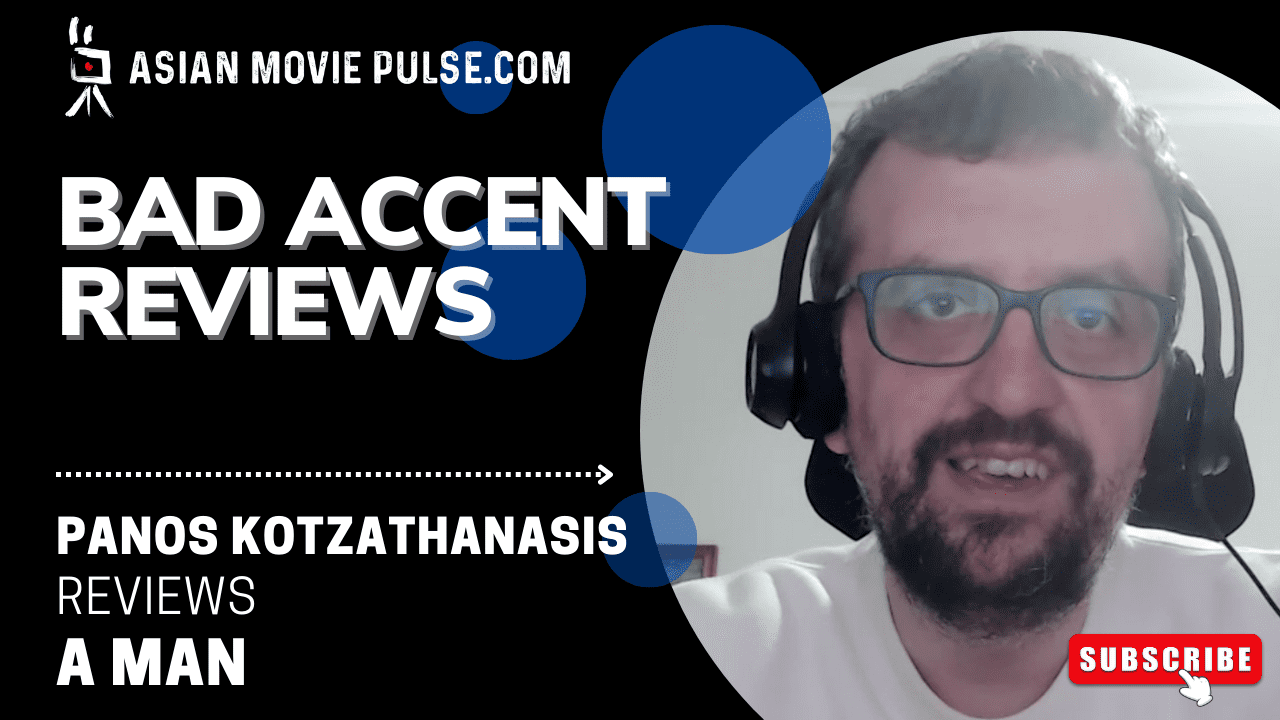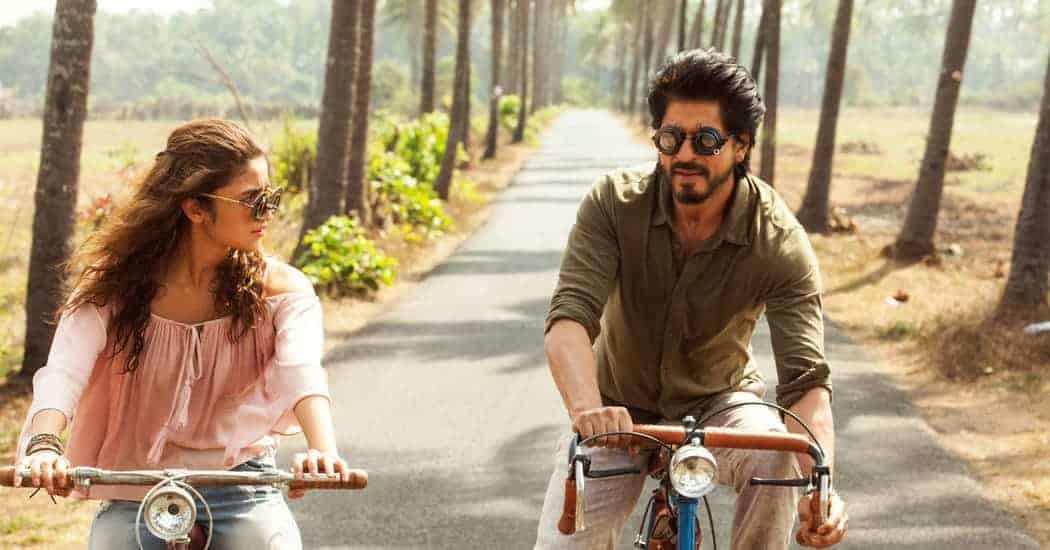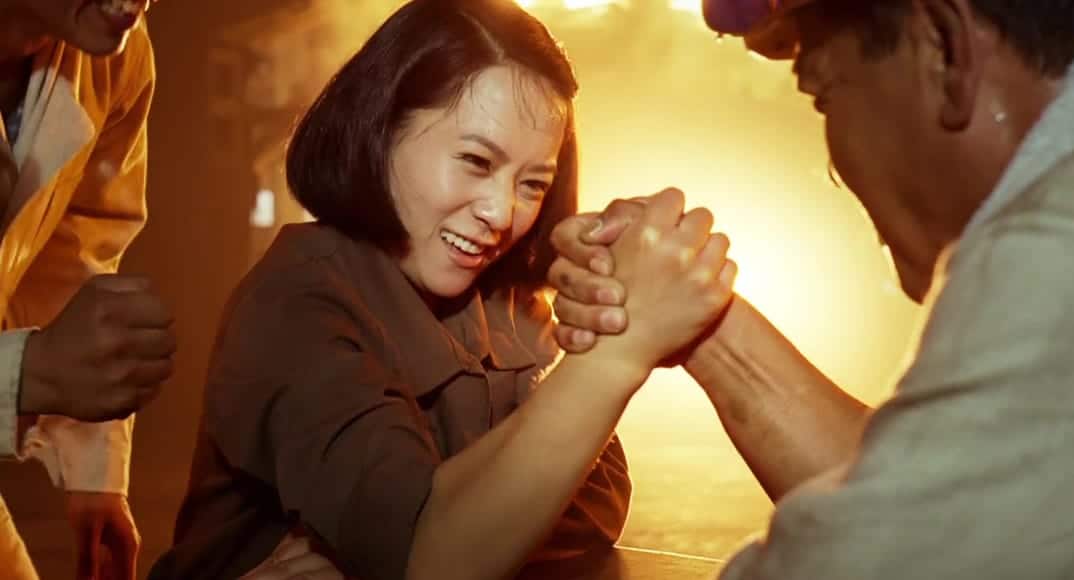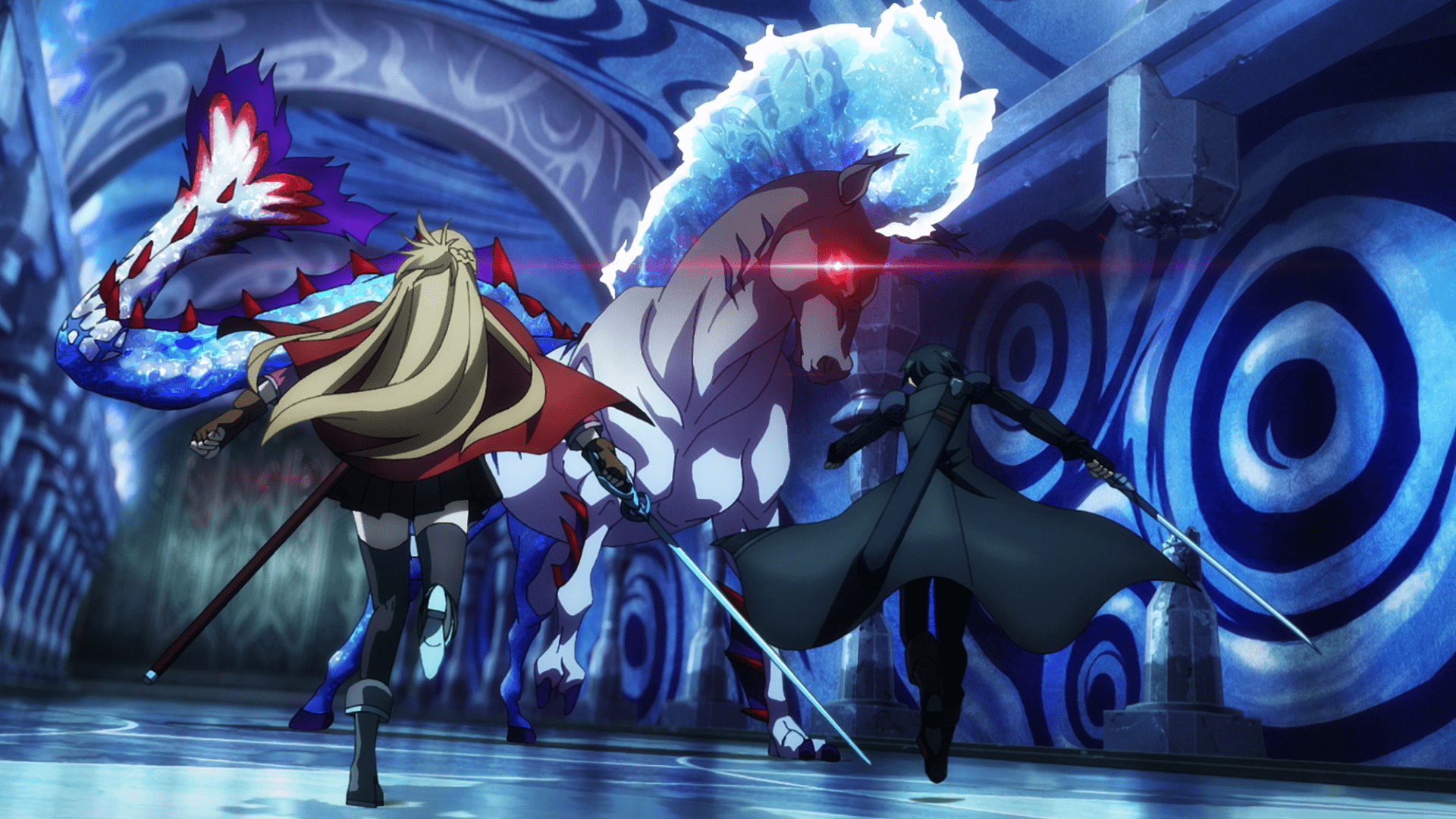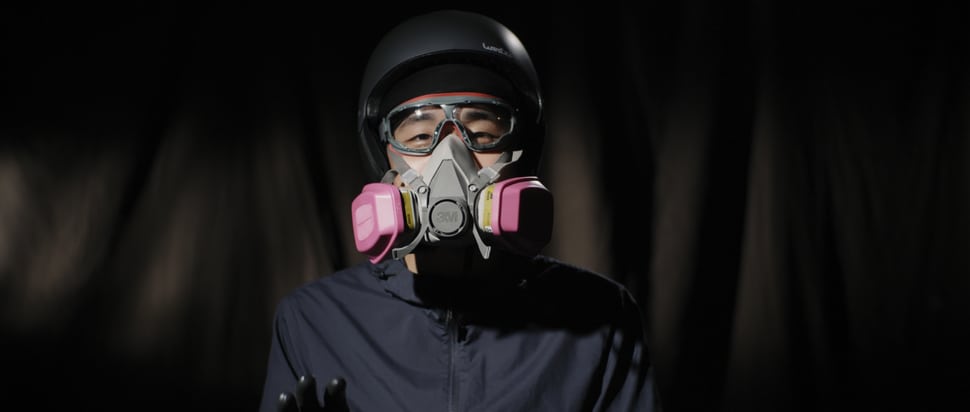Hand-held camera follows a female silhouette on her walk along the road with a barbwire that marks the border to North Korea, stretching past the nearby mountain. There's no living soul to be seen, and the flatland covered in high grass mercilessly whipped by a strong autumn wind feels spooky. The woman's pace is unsteady, hesitant. She occasionally stops in front of the fence, as if expecting to see something or someone, with her face always invisible to the viewer.
“Yukiko” is screening at the London Korean Film Festival

Told in a voiceover, the invented story of director's grandmother whose path led her briefly to Korea unfolds. Young Sun Noh is hunting the ghost of a Japanese woman who abandoned her infant child and returned to Tokyo without looking back. In this intimate documentary, Noh Young-sun is reaching for the tangled tale of a parent who had left her new-born behind as a tool for deciphering her burdened relationship with her own mother – “a child of a Japanese woman”. Invented is almost every detail apart from her mother's very personal childhood memories that are broken by the time – the fragments of her upbringing in the anti-communist and anti-Japanese post-war Korea, the first encounter with a man she was going to call her father, or the bullying she was facing in school as half-Japanese which is also how she found out about the background of her other parent.
Most of the footage in the “now” is shot on the Ganghwa Island in South Korea, where the director imagined that a woman provisionally called Yukiko (because even her name remained a mystery) resided for a short time of her life, but the journey also leads to Okinawa where she allegedly spent her last days in an old people's home “Onaga-en”. It is there Noh Young-sun “sends” her already grown up mother to trace down Yukiko, who is doomed to get silence instead of answers. In the director's mind, the “Japanese” woman is equally scarce with words as she was in real life, but the connection between mother and the daughter is made through a couple of pretend things in common, like enjoying the sound of chirping birds.

Reconstructing the past without any complete memory or reliable information is a task that Noh Young-sun masters in “Yukiko” first of all due to her script that was born out of personal essays and a number of interviews with women who have experienced the Korean war. The swift connection between the spoken words, the past and the now, gets a great support in composer/ sound designer Bertrand Larrieu who created an outworldly atmosphere by intensifying or creating the sounds seemingly coming from the immediate environment. The wind thunders, the engines are buzzing, dogs are joining in collective barking, and the soft piano tunes accompany the written love story about a Korean man saved from the beating on the streets of Tokyo by a young woman, who then followed him to a foreign land.
The narrative of “Yukiko” is told in poetic pictures, with camera catching people-free landscapes from the moving trains or cars. It's as much a self-search journey, as it is a bridge between two cultures and two generations that mend their fragile relationship by reaching further into the past.


